Marvel Rivals arrived with one hell of an impact, but as the dust clears, some of its obvious flaws are now plain to see. The lack of a role queue is one major omission, and is already making effective team play an impossibility when playing with strangers. Unless you want to switch to a Vanguard or Strategist of your own accord to salvage an ailing match, you’ll end up losing.
This is a problem in Overwatch 2, but role queue has made it much easier to form teams you know have a decent chance of winning if you work together. No Limits asks you to throw this aside for some chaotic fun where emerging victorious doesn’t matter. But in Marvel Rivals, that is the only way to play, so it’s impossible not to criticise. Right now, I spend games playing support out of obligation, preventing me from trying out other heroes.
Marvel Rivals Should Have Taken More Time With Its Roster
NetEase has created a hero shooter using one of the biggest licenses in the world in a free-to-play format where people will want to jump in and play as some of their favourite heroes without restrictions. They don’t care about playing them well or trying to learn what their abilities do or the role they fulfil. The goal is to look and feel as cool as you can in the shortest amount of time possible, a power fantasy that sadly isn’t possible in a game that demands mechanical knowledge like this one.
You can pull that off in single-player experiences like Spider-Man or Batman: Arkham Asylum, but in those games there is no expectation to perform alongside a team. The only thing you’re competing for is your own gratification. Marvel Rivals is different, and it makes a game that looks this incredible and feels so good to play have a skill ceiling that ruins much of its power fantasy from the outset. Those who play it for the aesthetic only to realise what will be required of them will walk away immediately, but maybe they wouldn’t have if Rivals was somewhat more mediated in its rollout. From day one, it was absolutely stuffed with content.
Its Bombastic Launch Gives Me Doubts About Its Future
Even during its beta period, the roster was stacked with a staggering number of playable heroes and villains to choose from. In the lead-up to its full launch, more additions were confirmed for the roster, making it hard to determine who I’d main and if I would even have enough time to learn all of their ins and outs before release. Turns out that I didn’t, and now the sheer act of playing Marvel Rivals is daunting. Once again, I find myself comparing it unfavourably to Overwatch.
Overwatch launched with 21 heroes, while Rivals stepped out of the gate with 33, just 11 shy of how many Overwatch 2 has now. As it isn’t an original universe, it has decades of media to draw from when it comes to its roster. But that also means there is less potential for future additions, and some of its biggest names can’t be capitalised on because they’ve been here the entire time. For the first few years of its existence, Overwatch turned each new hero into a legitimate event. You would follow each update and tease with fervent anticipation, waiting to find out exactly what role they might fulfil and what they would look like.
That won’t happen when Rivals adds Sentry. Every new hero was unexpected, but for Rivals, it feels like we are already having to temper our expectations after NetEase jumped the gun on its A-listers.
I could be proven wrong, but right now I’m not very excited about new heroes to come to Marvel Rivals because we are already dealing with an excessive roster. There is no moderation and a desire to give players a temporary power fantasy instead of easing them into things. This will only hurt the game in the long run, and feeling that way right now isn’t a good sign.
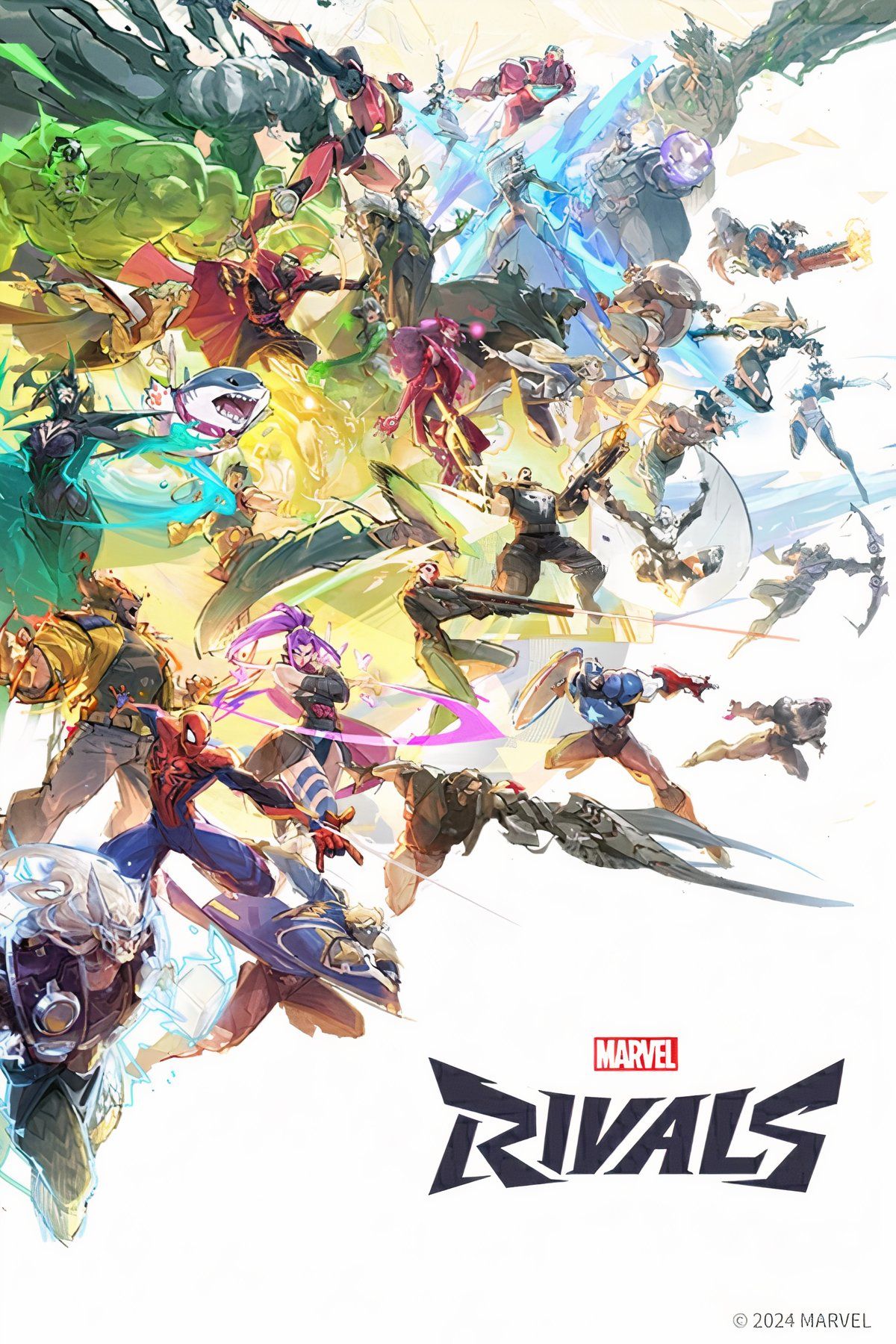
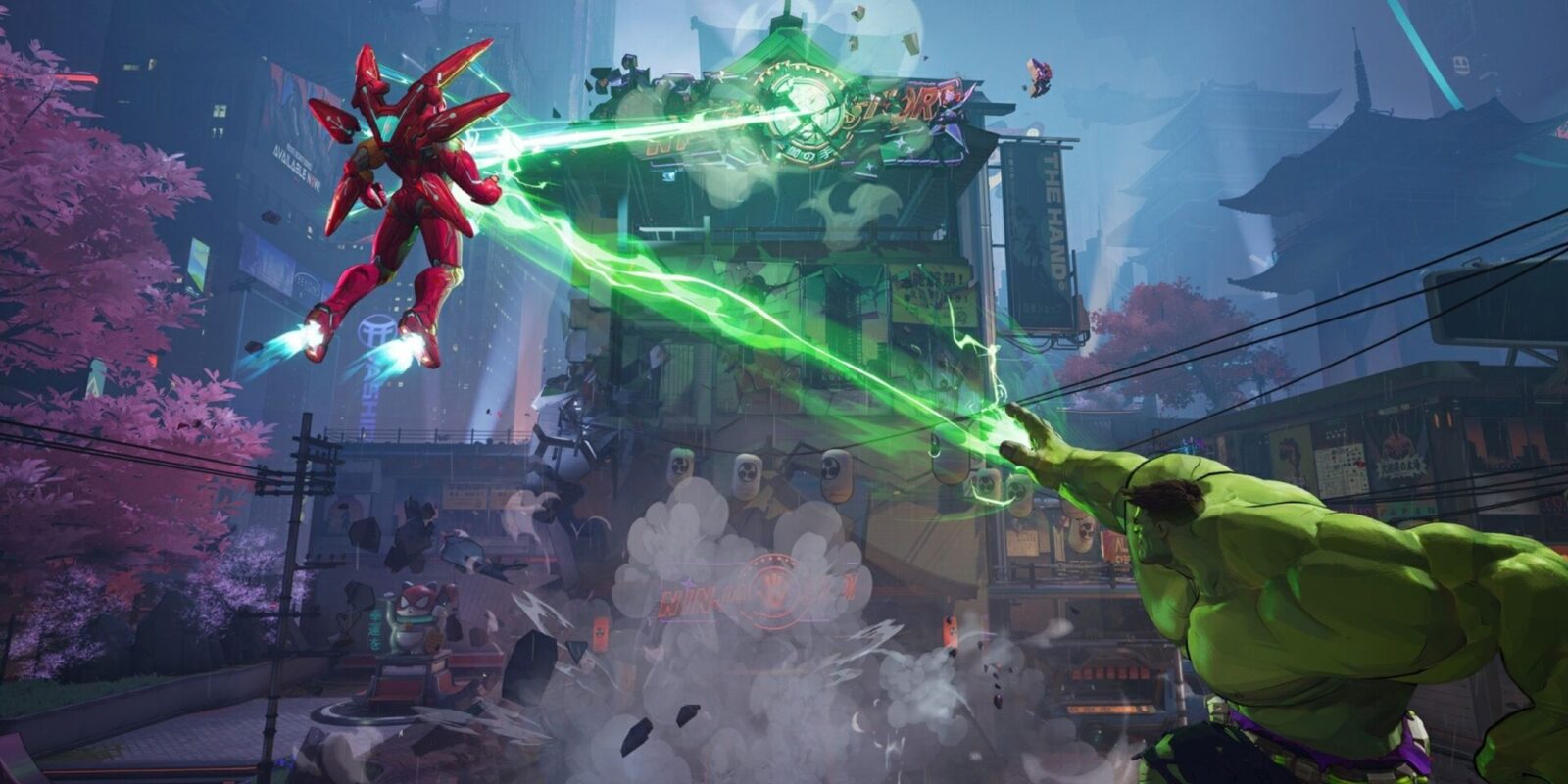
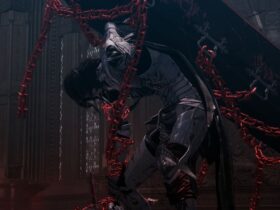
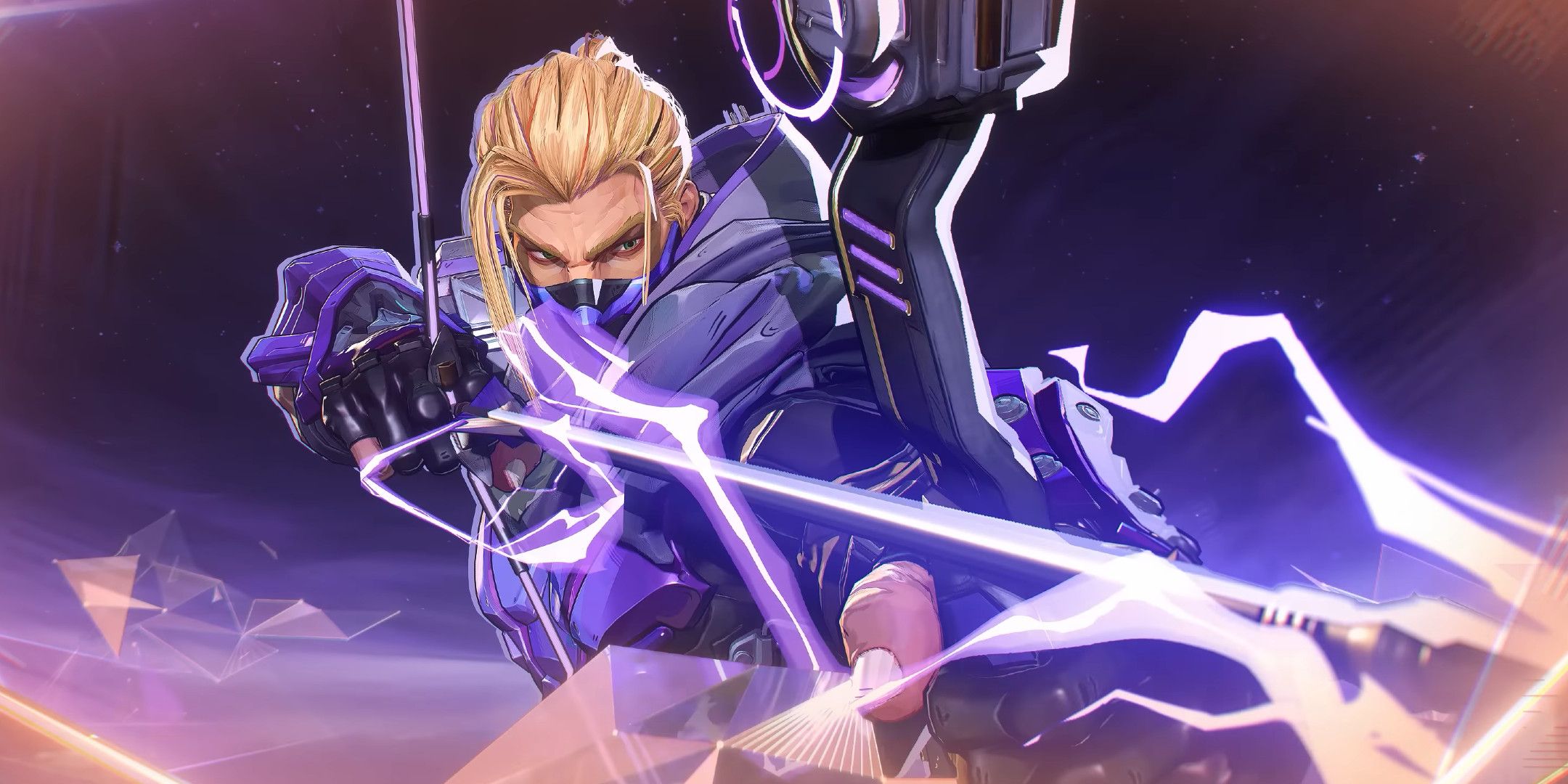
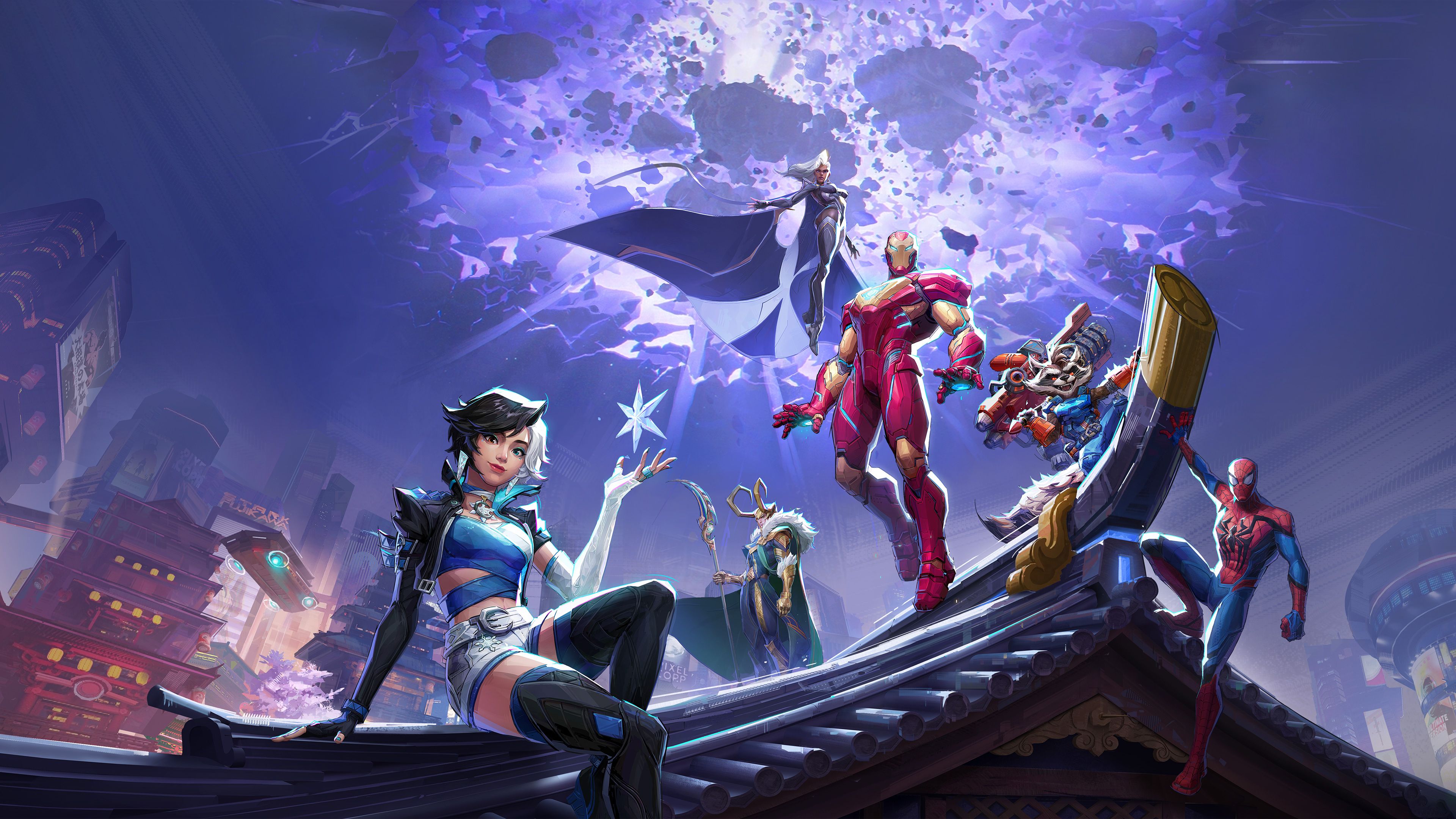



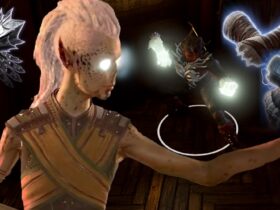
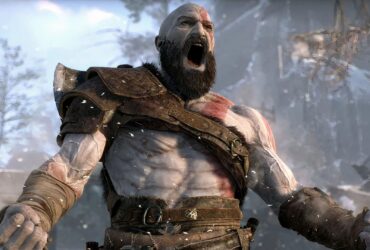


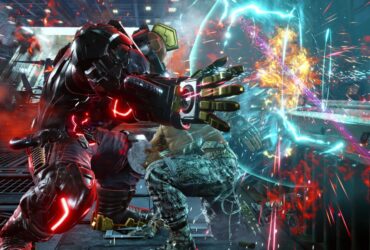
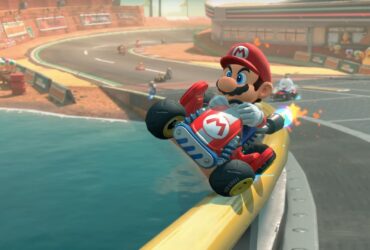

Leave a Reply